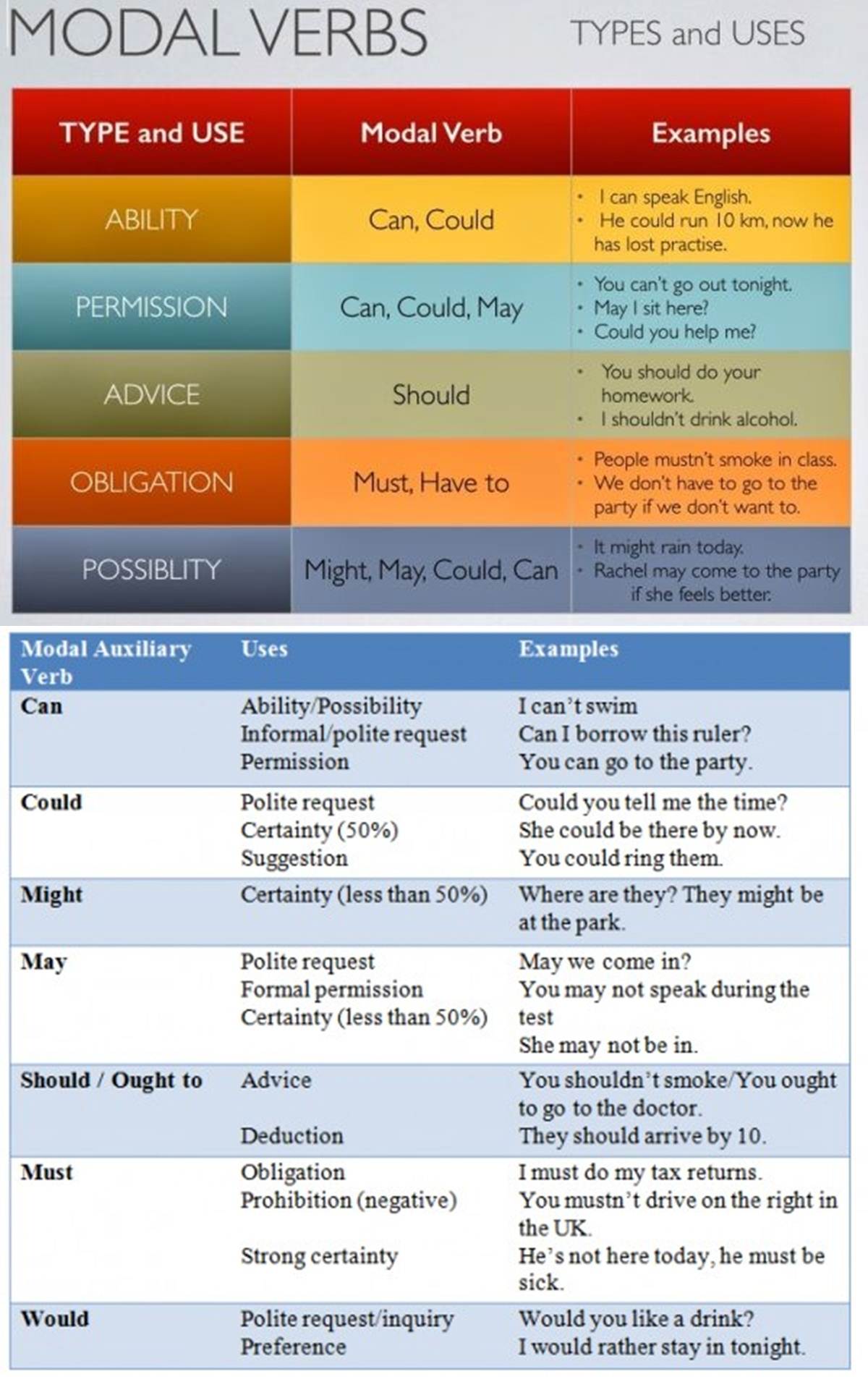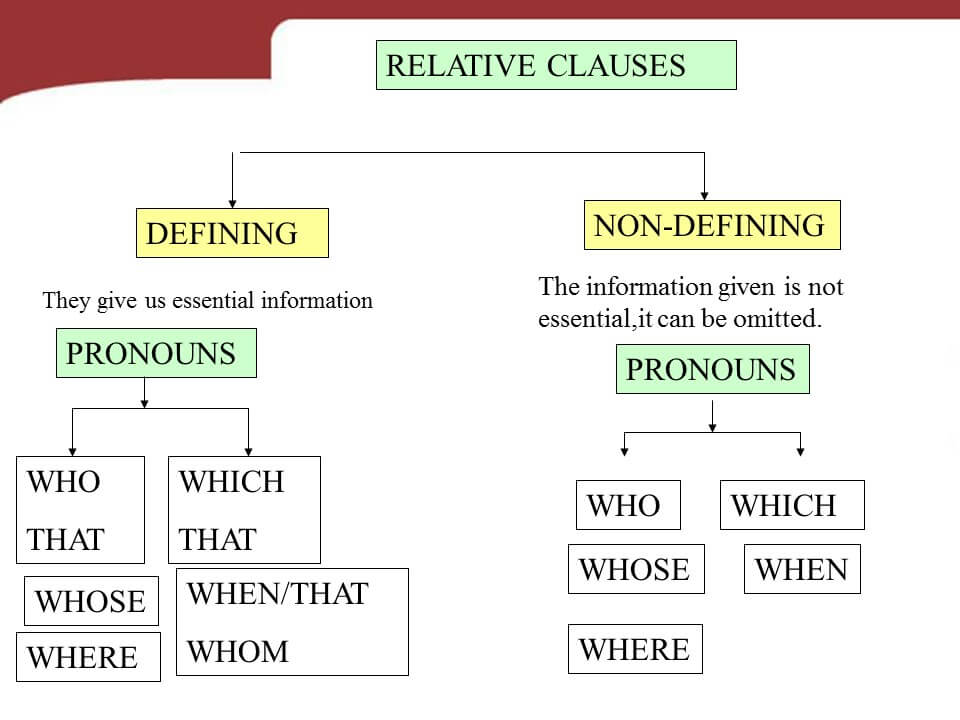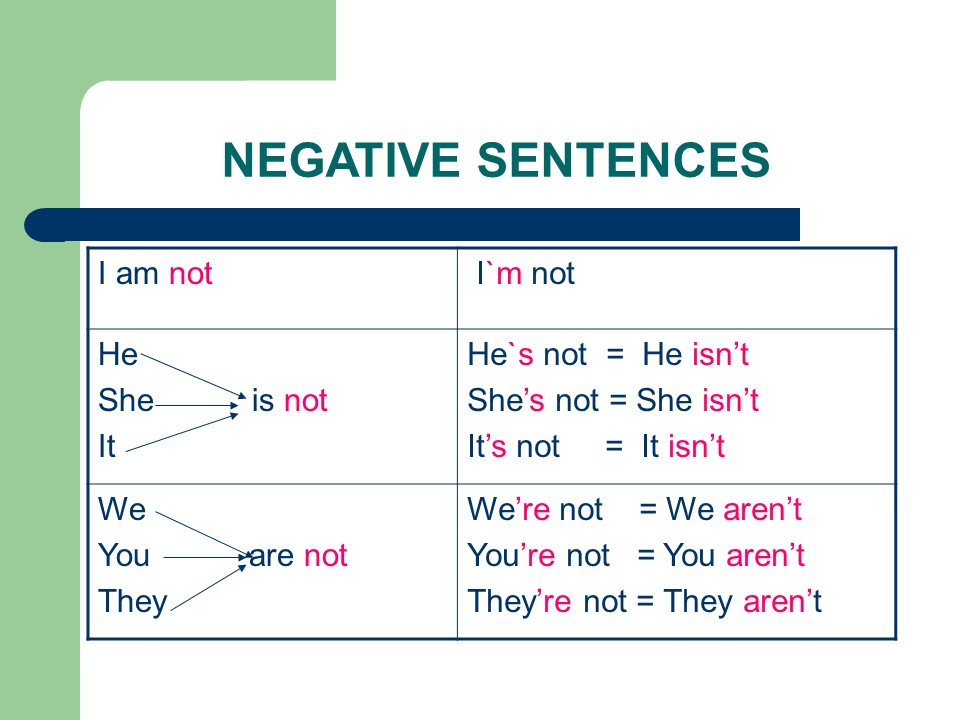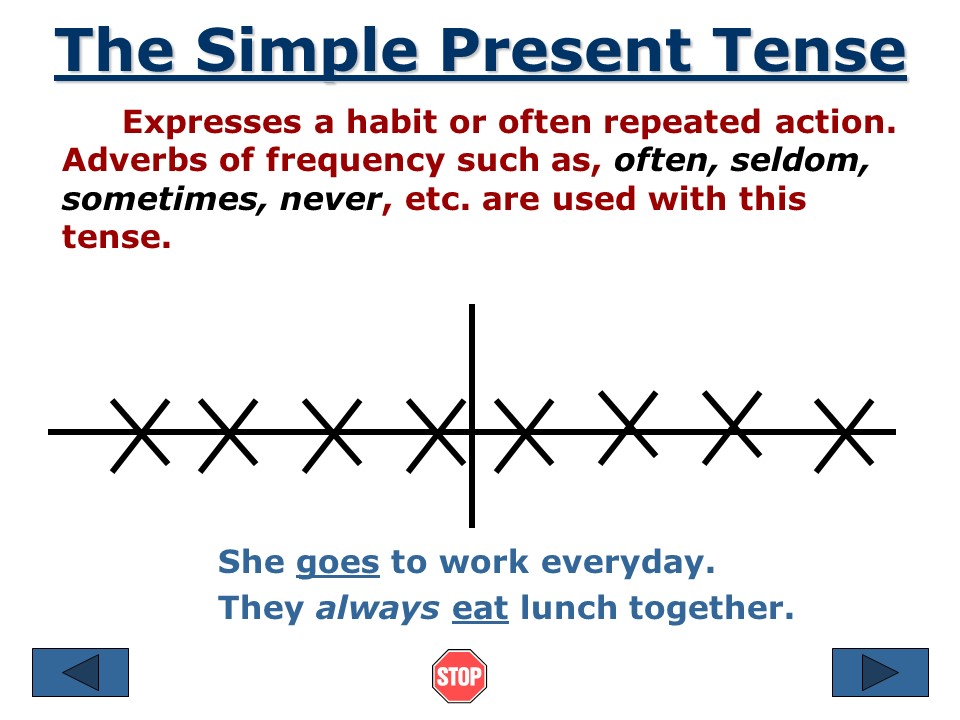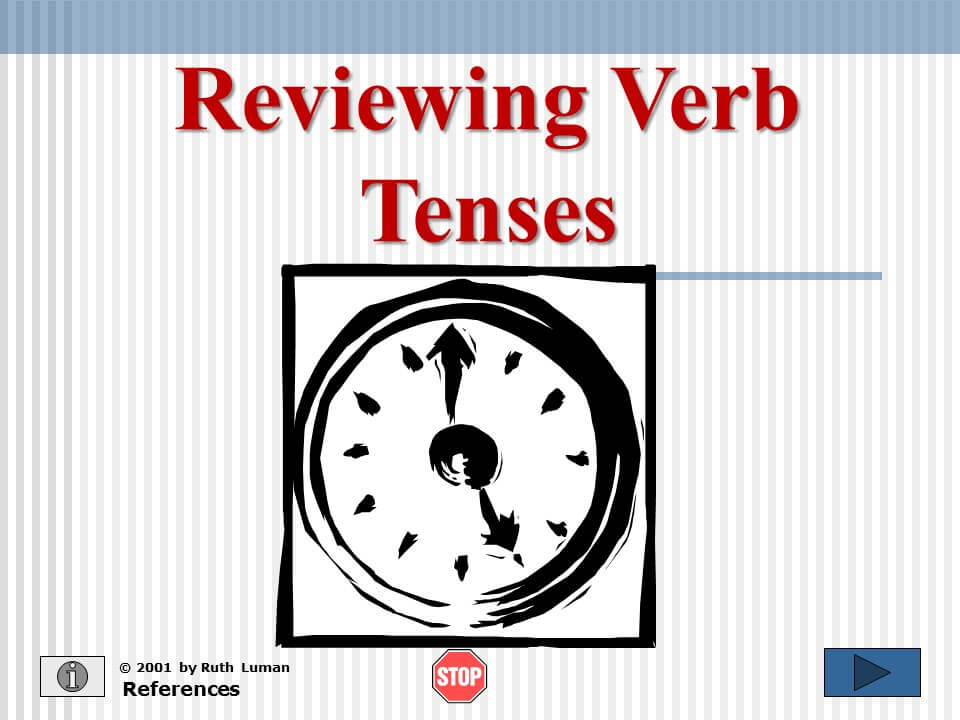Category: Grammar
The Most Frequently Used Collocations in English Do, make, have, take, go, get. Do someone a favour, do your hair, make a cake, have a baby, take a photo …
Modal Verbs – Types and Uses Ability, permisson, advice, obligation, possibility. Can, could, may, should, would, might, may and etc… Follow the list;
Conjunctions – Detailed Expression A conjunction is a joiner, a word that connects (conjoins) parts of a sentence. A word connecting words, clauses or sentences. Coordinating conjunctions; and, but, …
Rules of Abbreviations Abbreviations are shortened forms of words or phrase. Follow the list for detailed rules and examples about abbreviations;
Demonstratives in English We use this/these when the objects are near to the speaker. We use that/those when the objects arre far from the speaker and etc… Follow the …
Relative Clauses in English What are relative clauses? Subordinate clauses which allow us to add information about people or things we are talking to, without a need to repeat …
Negative Sentences in English You can make negative sentences similar to the sentences before. The only different is to add NOT after am, is, are, as you can see …
The Simple Present Tense Expresses a habit or often repeated action. Adverbs of frequency such as, often, seldom, sometimes, never etc. are used with this tense.
Reviewing Verb Tenses Verb tense expresses the time of an event or action. Time and how it is expressed in writing is very important to English readers. The English …
Punctuations in English Why do we need punctuation? Punctuation allows the authors writing to be essay to read and understandable for the reader. Types of punctuation; period, comma, colon, …


